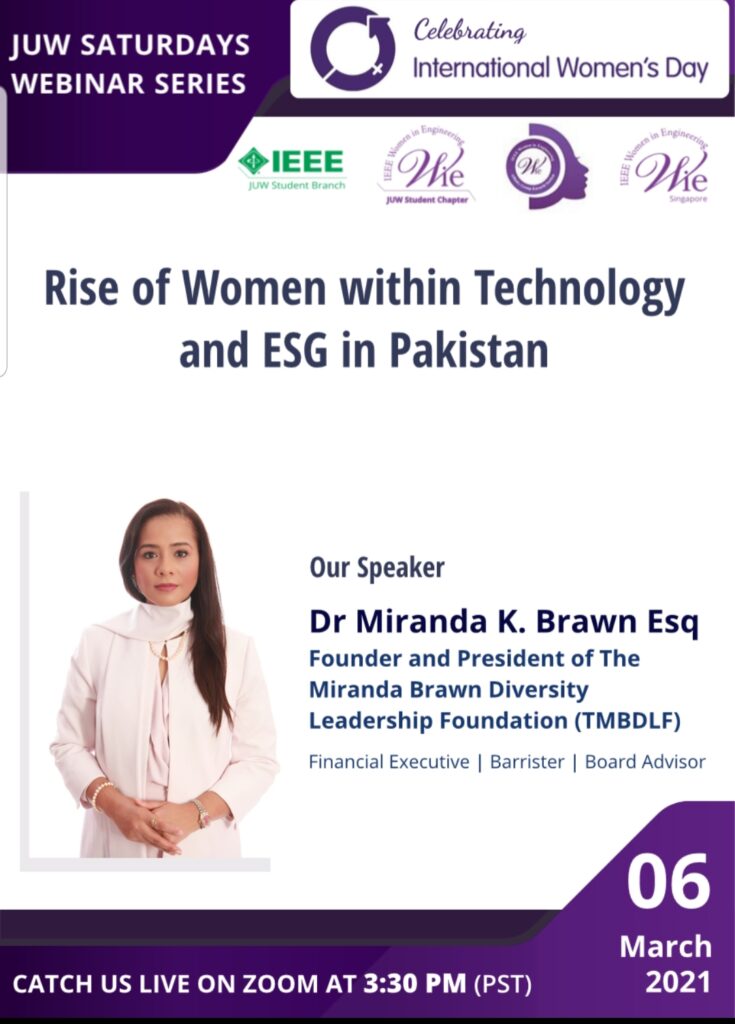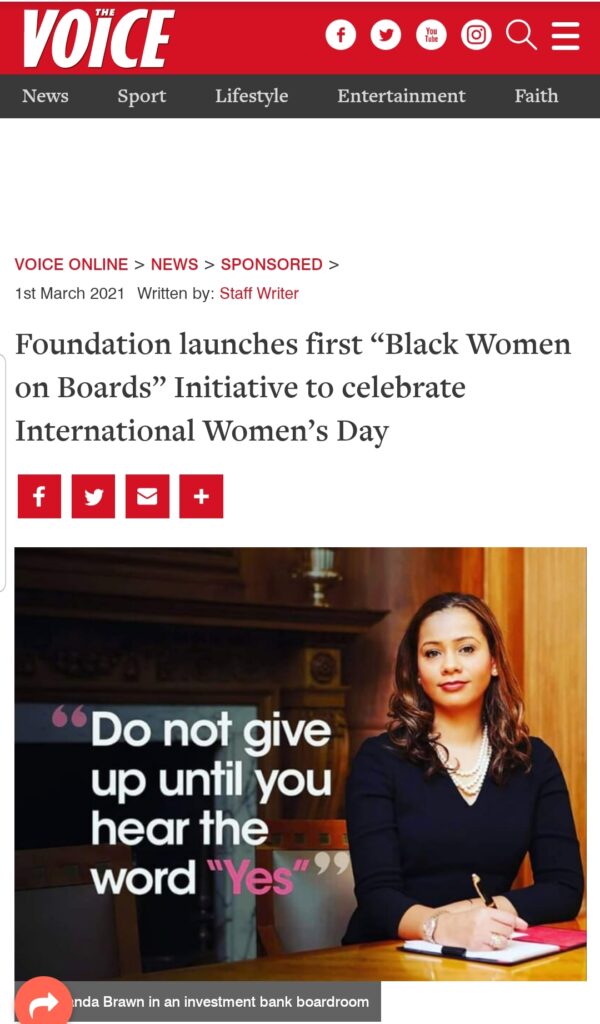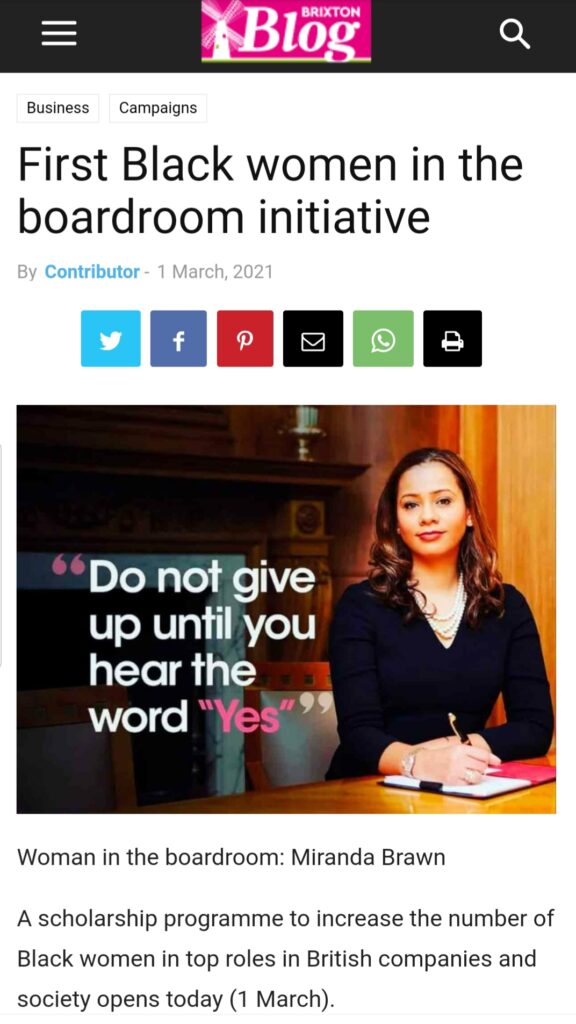Asia has been gaining pace in its progress within the realm of ESG and sustainability. The heterogeneous nature of different fund markets in Asia implies that the adoption of ESG in these markets has been quite diverse. The common positive thread, however, is the increasing awareness and importance of ESG in asset and wealth management over the past few years.
The People’s Bank of China in its latest green bond standard consultation paper removed clean coal projects from the list of green bond financing targets, reversing its previous decision to categorise coal pollution mitigation enterprises as green assets. The removal has garnered positive responses from foreign investors given that China is the largest carbon emitter and the second largest green bond issuer after the U.S.
A range of factors have contributed to this increased ESG interest in Asia. Regulatory developments have been a key push to bolster the ongoing ESG momentum. These include stewardship codes, ESG risk management guidelines, forming of steering committee and cross-collaborations among industry players. Not only are regulations and asset and wealth managers driving the ESG agenda, so too are the investors themselves.
Pressure of EU and US investors making investments into Asia markets has exerted influence in this area for many years. Institutional investors in Asia have also been forthcoming in increasing allocations to ESG assets and awarding ESG mandates.
On the distribution front, questions on ESG are slowly becoming a part of the due diligence process for onboarding funds on distributors’ platform. Increased information disclosures and availability of ESG analytics tools are other contributing factor as the data and methodologies for risk and opportunity assessment are available.
In Asia, while some asset managers have become UN PRI signatories, others are still in the process of setting up ESG teams and ramping up their talent pool in the form of sustainability or stewardship teams. There are also varied ESG adoption approaches observed with some managers having gone the ‘process route’ of broader ESG integration into their overall investment process as compared to the ‘product route’ of launching specific ESG labelled funds.
From an asset managers’ perspective, challenges remain to increase the adoption of ESG investing in Asia. These include lack of data availability, lack of standardised regulations and absence of suitable benchmarks to measure fund performance. Clients have been reaching out, looking for guidance and education in this area – either in relation to the changing regulations and their disclosure obligations, or else in relation to how they can integrate ESG within their business.
As ESG continues its rise to the mainstream, regulators are responding with new rules, with both the EU and MAS recently issuing new rules and guidelines that should be adhered to.
With sustainability now at the leading edge of global concerns, regulators are responding with a raft of new rules, regulations and guidance that apply both to the investment community and to the underlying businesses themselves.
Monetary Authority Singapore (MAS) issued Guidelines on Environmental Risk Management for the asset management industry covering environmental risks, including materiality and associated responsibilities to ensure resilience of customers’ assets against environmental risk. Asset managers should implement robust environmental risk management policies and procedures and channel capital flows through ‘green’ investment activities.
The guidelines:
- apply to Capital Market License Holders for Fund Management (LFMC), Real Estate Investment Trust Management (REIT), Fund Management Companies (RFMC) under 5(a)(i) of the Second Schedule of the SF (Licensing and Conduct of Business) Regulation (Rg. 10.);
- address proposed duties on boards and senior management with regards to environmental risk;
- address matters of portfolio construction, investment research and investment monitoring;
- highlight stewardship responsibilities, including to investee companies.
The Monetary Authority of Singapore wants asset managers to launch more ESG products in Singapore. 22 ESG-related funds were authorised by the regulator in 2020. Singapore’s regulator has introduced general environmental risk management guidelines however some have commented that the lack of standardised ESG regulations and reporting in Singapore leaves local investors at greater risk of being exposed to so-called greenwashing.
There is a demand for a common standard that brings clarity and communication about how sustainability has played a role in the selection process. According to Broadridge data, cross-border ESG fund sales reached $1.2bn from January to November 2020. Clients would like more detailed descriptions and reporting transparency.
In 2020, Hong Kong’s Securities and Futures Commission began compiling a list of verified ESG products that have at least 70 per cent of their total net asset value in green or ESG-related investments. There are currently 37 mutual funds and exchange traded funds on the list.
The European Commission’s sustainability agenda is another example that Singapore could look towards. The agenda’s three key principles are focused on differentiating products with “different shades of green”, mandating the disclosure of the adverse impacts of their investments and forcing a rethinking of fund naming conventions such as the use of the terms “sustainable” and “ESG”.
Taiwan is also setting up its Green Finance Action Plan 2.0, which was launched in 2020 and includes establishing a unified ESG classification standard.
Securing broad-based adoption of ESG fund labelling standards across markets in the region would be key to future market development and the emergence of competing local ESG fund labels would be something to watch out for in Asia. The introduction of an ESG fund label would be an important ingredient in Singapore’s plan as Asia’s green financing centre.
In June 2020, the MAS addressed some of the gaps in local ESG standards by releasing consultation papers that proposed a set of environmental risk management guidelines for financial institutions, including fund firms. This included having asset managers develop risk management tools and metrics such as scenario analysis and stress testing, as well as disclosure requirements on risk management and the impact of material environmental risk. The new rules do not cover standardised labelling for sustainable investment products.
There is a growing consensus around the world that ESG factors are a key determinant factor in the corporate performance of companies, and would become even more important in the near future, exacerbated in the wake of Covid-19 with increased scrutiny on how companies treat their employees and customers, coupled with the rise of carbon taxes.
According to a report by the Chartered Financial Analyst [CFA] Institute that studies ESG Integration among companies in Asia [CFA Report], among the 3 ESG factors, corporate governance was the main driver of share prices in listed companies in 2017. More importantly however, the report also indicated that social and environmental issues will have an even greater impact on share prices moving forward.
It is worth noting that Singapore listed companies, while ranking amongst the highest in Asia for ESG, surprisingly rank amongst the lowest when rankings are adjusted to only reflect Environmental and Social factors [E/S] as compared to companies in other highly developed economies in Asia such as Hong Kong, Korea, Taiwan and Japan. While this is a testament to the long-standing reputation of Singapore’s good corporate governance, it also highlights how comparatively, environmental and social factors are lacking.
With the rise of institutional shareholding in listed companies all around the world, institutional investors’ portfolio selection of companies can have a very large impact on a company’s share price performance due to the enormous amount of funds they have at their disposal for investment. Importantly, institutional funds are increasingly screening for E/S factors when making their investment decisions. Taken together, a company that winds up on the negative list of a large international institutional fund such as Blackrock or Vanguard could see its share price drop.
However, one might argue that the impact of a low E/S score in the Singapore context is less pronounced. Afterall, Singapore’s shareholder landscape is dominated by government linked and family-owned companies, where institutional investors do not have a substantial shareholding. Consequently, the impact of an institutional fund’s perception of companies listed in Singapore might not be as pronounced as in the West.
Be that as it may, the implications of having a low E/S score would go beyond altering the perception of institutional investors, to also affecting a company’s reputation amongst their consumers and employees as well. This is especially so in the wake of the Covid-19 pandemic. Also, with the introduction of carbon taxes in Singapore, the cost of non-compliance by companies would be higher, since companies would have to pay more taxes if they are less fuel efficient and this would in turn negatively affect the financial performance of such companies.
In addition to the financial implications for companies, the stakes are even higher for Singapore, which markets itself an International Financial Centre [IFC]. Scoring significantly lower than the other developed economies in the Asia-Pacific region on environmental and social factors is not beneficial to Singapore’s reputation.
As of 2016, the Singapore Exchange [SGX] has introduced a regime requiring listed companies to publish annual reports on a “comply or explain” basis. However, these sustainability reports issued by companies have been criticised for box-ticking. Critically, companies are seen to be publishing these reports “without a clear sense of what it means for their future”, and whether environmental issues such as climate change would force them to alter their business model in the long term.
Furthermore, there is no body that serves the function of an independent auditor/regulator monitoring the accuracy and the extent to which these companies actually follow through with the E/S plans they publish in their sustainability reports. In contrast, in Japan, the top ranked economy for E/S factors in the CG Watch Report 2018, most of the corporate disclosures with regard to environmental and social issues have to be sent “to the national regulators for monitoring and compliance purposes”.
There are suggestions as to whether the government should follow the European Union, “which is debating whether to deploy a stick and become a lot more prescriptive in its approach”. In the European Union and the UK where awareness of sustainability issues is high, hard law provisions regulating these issues make sense because compliance is likely to be high.
However, in Asia, where many companies are still trying to grapple with E/S concepts, either due to a strong profit maximisation mindset or simply a lack of information, a softer regulatory regime that focuses on education rather than penalties could be more appropriate. Arguably Singapore is in the latter scenario, and in a phase where companies are still trying to grapple with E/S concepts. However, once E/S factors have gained a stronger traction in Singapore, more can be done to ensure companies continuously look for ways integrate E/S concepts into their business practices such as through instituting harsher penalties for failing to comply with E/S laws and guidelines.
On the other hand, the results have shown that the current approach might not be sufficient on its own to achieve the desired results. At the very least, SGX could improve the current regulatory regime by issuing clearer guidelines on what companies should report on, so that companies will publish useful data that others can reference to make their own E/S related decisions.
Stewardship is another area of focus which the government could look into to help companies better integrate E/S factors into their businesses. The Singapore Stewardship Code and Family Stewardship Code were Singapore’s unique response to the UK’s Stewardship Code, which itself was enacted in response to the rise of institutional investors as the largest investor group in listed companies in the United Kingdom [UK] and to compel them to play a supervisory role to alleviate the shareholder-management agency problem.
Unlike the UK, institutional ownership of listed Companies in Singapore continue to be small, and Singapore’s shareholder landscape is dominated by family owned and government-linked companies [GLCs]. Singapore’s stewardship codes were designed to signal good corporate governance in the country by keeping up with developments in “Anglo-American-cum global standards of good corporate governance”.
The Singapore Stewardship and Family Stewardship code do “not articulate a singular model of stewardship with which investors should comply”. Secondly, the codes do not employ a “comply or explain” approach, and it operates purely on a voluntary basis. Thirdly, there is no mechanism/metric to determine if institutional investors have complied with the codes. Finally, there is no regulatory agency in Singapore that is responsible for the administration of the codes.
Stewardship Asia, the organisation tasked with drafting the stewardship codes, is only responsible for promoting the code, and does not perform any regulatory function.
Based on a textual analysis of the Family Stewardship Code, it does not seem to have a huge focus on ESG. ESG factors seem to be implied rather than expressly mentioned in the code, and there are no guidelines on what E/S actually means. For example, Principle 6 of the family stewardship code appears to reflect environmental, social and governance concerns. It states, “Do well, do good, do right; contributing to community”.
The objective of stewardship codes should go beyond signalling good corporate governance to also aid in the integration of E/S factors into company’s business practices. For example, stewardship codes can help to spread best practice and have an educative effect on companies, preparing companies for the “potential strengthening of hard law provisions” on sustainability in Singapore. Unlike the area of corporate governance, which is predicated on shareholders having a specific amount of corporate control, institutional investors could play an integral role in educating companies on ESG best practices, regardless of the size of their stake in the company.
These institutional investors have better knowledge and experience on how best to integrate E/S practices to boost corporate performance. Also, the presence of clear and fixed metrics in stewardship codes when determining whether stewards have done enough to assist companies on E/S factors would provide the necessary incentives for institutional investors to engage in adequate stewardship since falling short would be detrimental to their reputation, on which they rely on predominantly to attract investors. More importantly, there should be a regulator monitoring stewardship activity in Singapore.
While every European policy and regulation would have to be tailored to suit Asia’s needs, there is much to be learnt from observing other economies, especially economies which have done better in the E/S sphere. For now, the priority should be to ensure that Asia’s companies are keeping up with global developments in the E/S sphere. While the current arrangement of maintaining the status quo has worked well in the area of corporate governance as evidenced for example by Singapore’s high score in this area, this approach has to be tweaked to facilitate greater integration of E/S factors by listed companies across Asia including Singapore.
Alongside digitalisation, ESG issues are changing the face of infrastructure investment. ESG disclosures represent a different way of gauging the performance of an organisation beyond its balance sheet, focusing instead on its impact on society in general.
And when asked about key considerations for future-proofing their projects, investors reveal that an increased focus on sustainability and the green credentials of projects was the most important.
Recent surveys show that there is a renewed focus on the importance of strong corporate governance and sustainable and diverse supply chains, as well as on the need to finally address the climate crisis.
Sustainable development is the key theme in 2021.
Environmental principles are being closely monitored by investors, and authorities in many regions are giving more importance to environmental regulations.
Other key issues around ESG concern reputational risk which can be mitigated by increased transparency and stronger reporting. Business ethics and transparency are also important for determining the value of a project in the long term.
In line with this need for greater transparency, ESG-specific reporting is becoming fundamental for managers. Indeed, a 2020 survey by Russell Investment of 400 global asset managers found that 49% claimed to offer this type of reporting to clients. The pandemic and climate change concerns among investors can only grow this number.
Awareness grows
Large institutional investors are increasingly aware of pressure to ensure that investments are made in accordance with sustainable principles, and this is as much to do with future-proofing reputations as it is returns. Almost three quarters (74 per cent) cited ESG considerations as being important when contemplating investing in an Asia-Pacific infrastructure project.
Awareness in the region of the power of sustainable finance has been slow to develop and lags behind EMEA and the Americas. This is partly due to the short-term view historically taken by many Asian investors who have understandably been preoccupied with rapid economic development. However, the need for change has become increasingly apparent, with growing levels of pollution and social inequality in the region.
Although the pandemic has reinforced the need to consider the social impact of a project and enhance internal governance processes, ESG principles were becoming better understood in Asia even before COVID-19. In Japan, for example, a leading financial services group announced in 2019 that it would reverse its policy of investing in coal-fired power generation projects.
Environmental issues
Fifty-five per cent of survey respondents cited energy efficiency as the most important consideration when thinking about the environmental impact of their investments. Greenhouse gas emissions and energy efficiency are most important for infrastructure projects. Setting benchmark standards is important as well as putting an emphasis on green development plans.
Controlling deforestation levels was cited as a main environmental objective by some investors. Some investors will ascertain that there are no biodiversity issues when contemplating an investment. If the construction process affects marine or wildlife, organisations has said that they will provide suggestions and alternatives.
Social issues
Forty per cent of survey respondents confirmed that labour standards were the most important consideration when thinking about the social impact of their investments. Human rights, community relations and labour standards are very important for nurturing talent and avoiding social conflicts where projects are being conducted.
Governance issues
More than half (51 per cent) of survey respondents said that political influence was the most important governance consideration when contemplating an investment.
Regulators can play a hugely important role in helping to support sustainable investing and, in this regard, Asia has been something of a pioneer. Hong Kong’s Securities and Futures Commission (SFC) has made it compulsory for listed companies to disclose all of their sustainability credentials while mainland China now requires all listed companies to report their ESG risks.
Supply chain management was cited by 36 per cent of firms as the next most important governance consideration when contemplating an investment. Supply chains have become understandably unstable during the pandemic, while many large global manufacturers previously diversified some of their supply chains out of China to cheaper countries in the region (South Korean conglomerate Samsung shifted its mobile phone manufacturing to Vietnam).
With rising regulatory pressure, emerging focus on reputational risk and increasingly complex supply chains, respondents said it was now vital that organisations take third-party risk management seriously.
The future
ESG and technology will be central to the success of all infrastructure projects in the coming years. Investors and project leaders can meet their environmental requirements through the use of renewables and hydrogen.
The future of renewables – Renewable energy trends are catching on in Asia-Pacific and are increasingly supported by governments in the region. It is hoped that renewable energy zones and the adoption of solar energy practices will open up new opportunities for investors in the future. Sixty-four per cent of survey respondents agree that the financial closure of a significant number of renewable energy projects in Asia-Pacific in 2021 will have a positive influence on other infrastructure investments across the region.
Renewable energy projects will increase because countries have set targets to be met within the next few years to reduce their carbon emissions. Since announcements have been made, they will have to think about the means to fulfil these targets. Nearly three-quarters agree that the generally lower capital cost of renewable energy projects compared to social and transport infrastructure makes them a relatively more attractive asset class in emerging Asian economies. Renewables trends will catch on as more investors are focused on adopting strong ESG principles.
Meanwhile, a pointer to where the market is headed can be seen by how quickly the oil majors are looking to make the transition into renewable and low-carbon projects. For example, in October 2020, Shell announced it would increase its spending on low-carbon energy to 25 per cent expenditure by 2025; around the same time, its rival BP vowed to grow its investment in low-carbon energy tenfold to US$5 billion per year by 2030.
Hydrogen: The wave of the future – Given the potential to reduce the cost of energy generation and usage in Asia, 16 per cent of survey respondents intend to invest in hydrogen as a non-carbon transportation fuel. For a region that is still largely dependent on oil imports and is struggling to quit its addiction to coal, hydrogen offers Asian countries a ‘clean’ alternative and a crucial boost in their transition towards developing sustainable economies.
China and Japan are the two largest net importers of fossil fuels in the region. But the Japanese government has set an ambitious target to have a complete hydrogen society by 2050. This includes reducing the price of hydrogen by 90 per cent, which would make it cheaper than natural gas. Meanwhile, South Korea unveiled its ‘roadmap for a hydrogen economy’ in 2019, with a vision to sharply increase production of hydrogen-powered vehicles and electricity generation by hydrogen. Like Japan, it has made clear its intention to import clean hydrogen from countries that can produce it competitively and reliably. Investors have realised the higher value there is to gain from renewable energy generation practices. The use of battery and hydrogen storage will form a major part of renewables projects.














